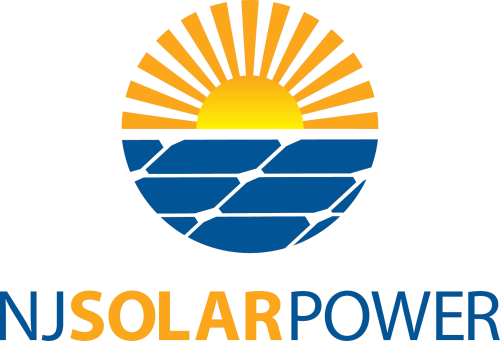Installing solar panels on your home is not cheap. Yes, we said it. That materials for solar panels cost significant money to manufacture, you usually need quite a few panels to run a household, and hiring experienced installers who do high-quality work all adds up. In fact, while some people would refuse solar panels even if we were giving them away, the initial cost of the system is the main barrier for people who want to get solar panels.
The federal government offers a federal solar tax credit that helps people get renewable solar energy for their homes at a more affordable price. It is designed to subsidize purchase and installation costs. It is available for residential and commercial property owners. Using this credit, you can deduct up to 26% of the cost of the purchase and installation of solar panels and a battery backup from your federal taxes. There is no upper cap on this credit.
Given that solar energy systems can be pricey to install, it is possible that your credit will exceed the taxes you have paid. That should not be a problem. These credits can roll over to future years, as long as the tax credit is still in effect for that year. This means that the effective purchase price for a solar system, for a family whose income tax liability is at least 13% of the purchase price of the solar system, will be effectively reduced by a full 26% as long as the system is purchased in 2021.
Claiming the solar tax credit is easy; you claim it at the same time you file your annual tax return. If you use a tax preparer, give them the information about going solar. If you are self-filing taxes, you will be using a 5695 form.
The federal solar tax credit was initially set to expire in 2021. However, the government has fully extended the 26% credit for 2021 and 2022. The credit will still be available at a reduced 22% rate in 2023 but will go away for homeowners by 2024. However, businesses will be eligible for a 10% credit, which is slated to be permanent, beginning in 2024.
Whether you are looking at solar for your home or business, the fact that incentives are going to dramatically decline or completely go away means that purchasing them now could result in substantial savings. For some homeowners, the combination of tax savings, short-term energy savings, and an increase in your home’s retail value could turn the purchase of solar panels into a net zero expenditure, even if you do not plan to stay in your home for a long period of time.
Contact us today for a quote on a solar system or to answer any of your top questions. You already know that solar is a great choice for the environment. Once you know the cost of a system, you can run the numbers and see if solar is the right choice for your home or business.
